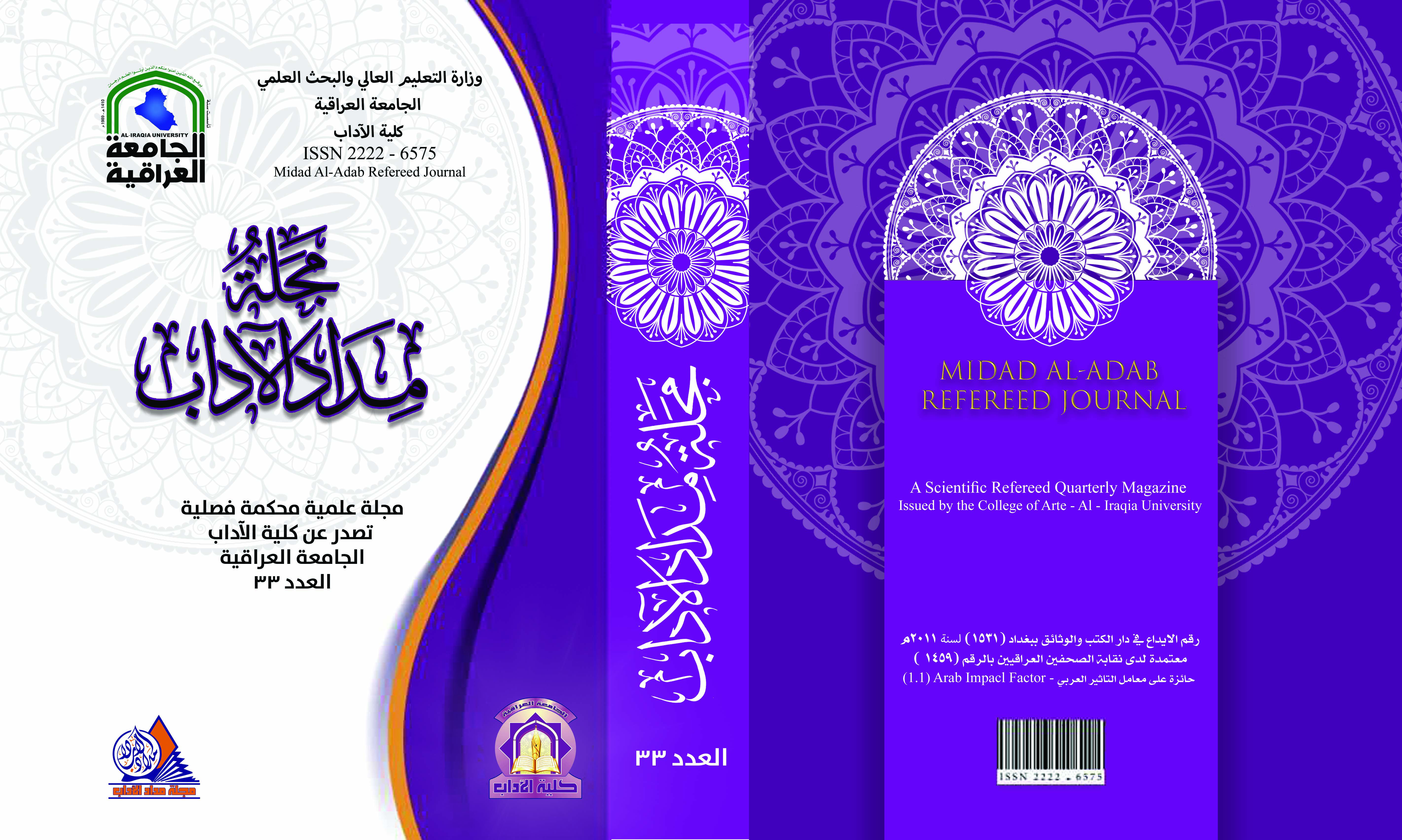Kurdish Defense of the Islamic Frontiers Their Positions in Confronting the Mongol Invasion (656 AH / 1258 AD) as a Model)
Kurdish Defense of the Islamic Frontiers Their Positions in Confronting the Mongol Invasion (656 AH / 1258 AD) as a Model)
DOI:
https://doi.org/10.58564/ma.v13i33.1203Keywords:
Keywords: [Defense - Kurds - frontiers]Abstract
Abstract
The country of the Kurds was subjected to the Arab Islamic state after it was affected by the movement of the great Islamic conquests, until that country became the northern and northeastern outskirts of the Muslim countries, and it became one of the most important first lines to defend the basins of the Islamic state, even after it was affected by the hand of dissent and separation from it during the weakness of the Abbasid state, as it is. The situation of many of the regions that separated in the East and the Maghreb, whether that separation was actual or nominal and delegated with the approval of the state. However, the resistance of those regions and their defense of the frontiers of Islam began to weaken gradually after that separation and their self-rule in most cases, and they had no connection to the Khilafah state except formally and spiritually. This explains the weakness of its position and the weakness of its resistance to the Mongol invasion to which the Arab Islamic state in general and the capital of the caliphate was exposed, Baghdad in particular, in the year (656 AH / 1258 AD) led by Hulagu, despite the fact that some Emirates obstructed the Mongol army heading towards Baghdad, but the vast majority of The princes preferred to negotiate with the Mongols, hoping to spare their country the harm of the Mongols and to get rid of the destruction they expected after they saw and heard about the power of the Mongols, their cruelty, and their destruction of the countries they occupied and passed through to their country, or in the hope of obtaining some gains from them, the least of which is their preservation of their positions as princes by the order of the Mongols. on their country, They offered loyalty and obedience to them, but they retracted that after witnessing the destruction inflicted by the Mongol forces on the capital of the Islamic Caliphate, Baghdad and its environs, and their cruelty and exaggeration in shedding the blood of Muslims. This encouraged most of them to return to the line of resistance against them for fear of their tyranny and to guard against their evil after completing their control over Iraq and the surrounding countries of the Arab Islamic State.
Downloads
Published
Issue
Section
License

This work is licensed under a Creative Commons Attribution-NonCommercial-NoDerivatives 4.0 International License.








